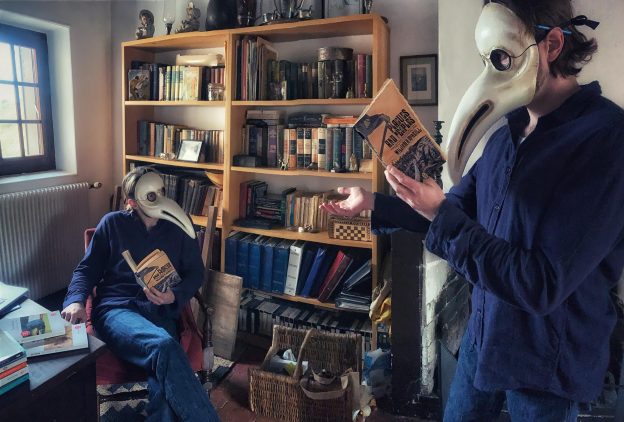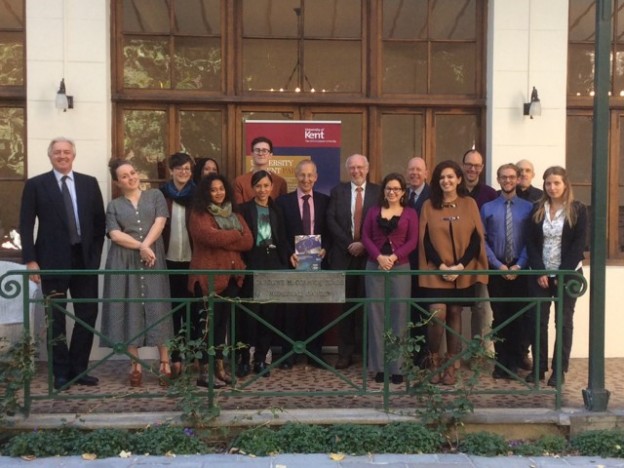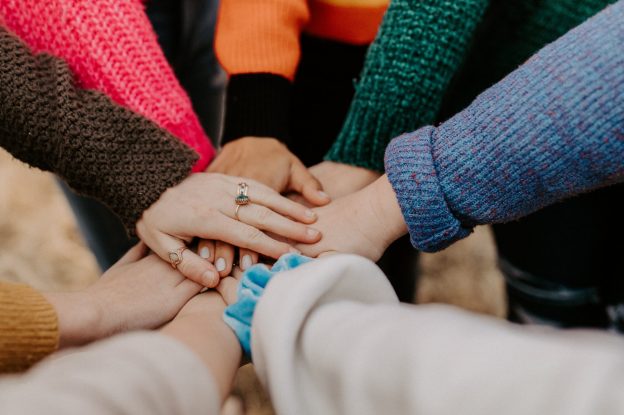Lockdown means different things to different people, but one thing it has meant to all of us is more time with ourselves. How can the Humanities help us reflect on our grave new world? What lessons can we learn from the past as we look to a future beyond lockdown? What can culture teach us about quarantine?
Drawing on examples from the history of literature, philosophy, and cinema, scholars from the University of Kent’s Division of Arts and Humanities will discuss the value of thought in the age of confinement. If the UK’s government’s advice is to ‘stay alert’, perhaps the Arts can help teach us what this means.
Date: Monday 1 June 2020
Time: 15:00 (Paris time)
Title: Literature, Life and Lockdown: How the Humanities can help the Species Survive
The discussion will be hosted by Professor Jeremy Carrette, Dean for Europe and Professor of Philosophy, Religion and Culture.
Panellists:
Ben Hutchinson, Professor of European Literature and Academic Director, Paris School of Arts and Culture, University of Kent
Dr Frances Guerin, Senior Lecturer in Film and History of Art and Deputy Director of Graduate Studies (Paris programmes), University of Kent
Dr Lauren Ware, Lecturer in Philosophy, School of European Culture and Languages, University of Kent
If you missed the event, you can now listen to the recording here.
You may also want to check out some of our past events:
Whatever Happened to Brexit? Europe after COVID-19 (past event recording, 7 May 2020)
Pandemic and Politics: COVID-19, Global Crisis and the Challenge to Humanity (past event recording, 14 May 2020)



